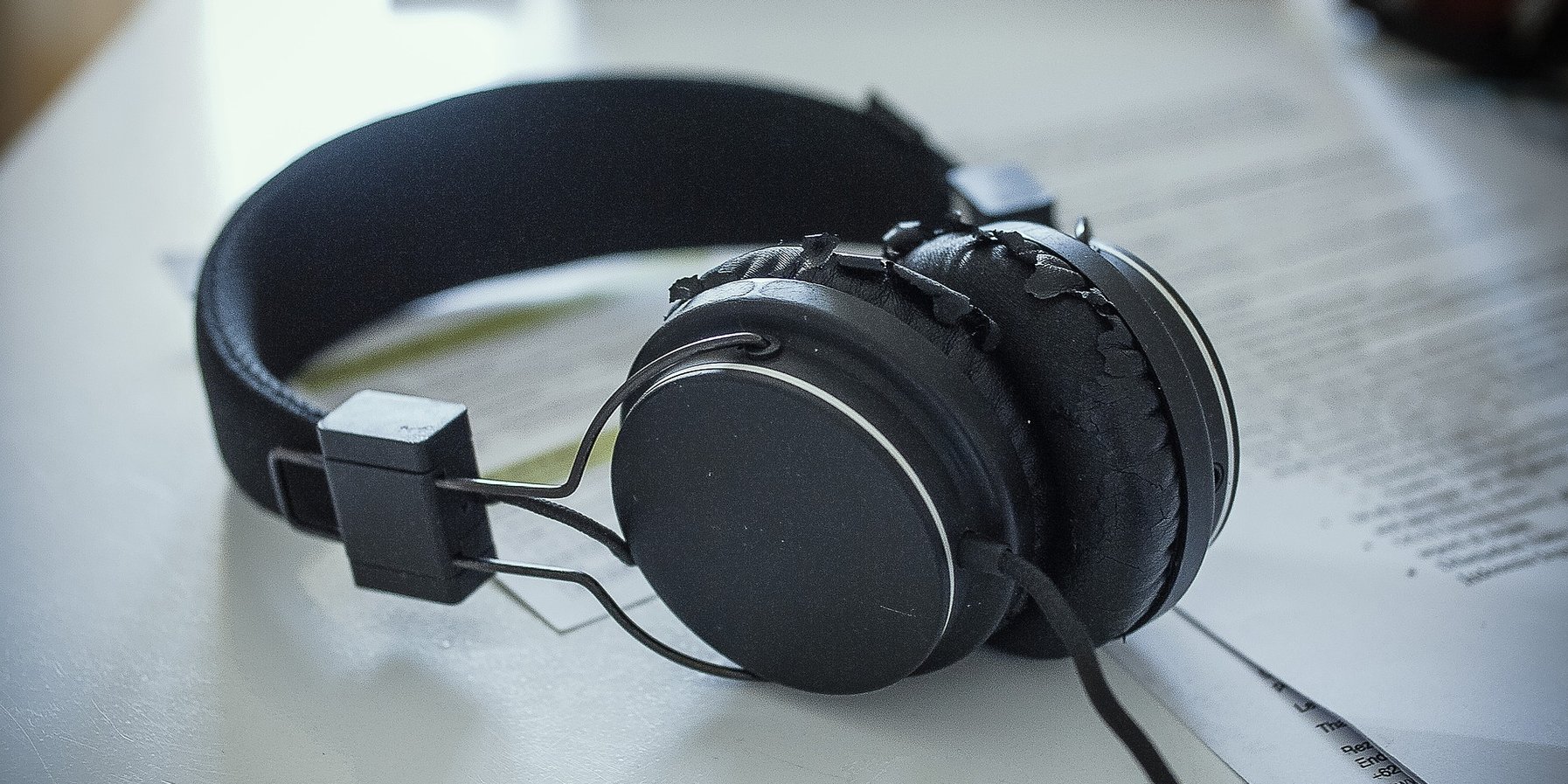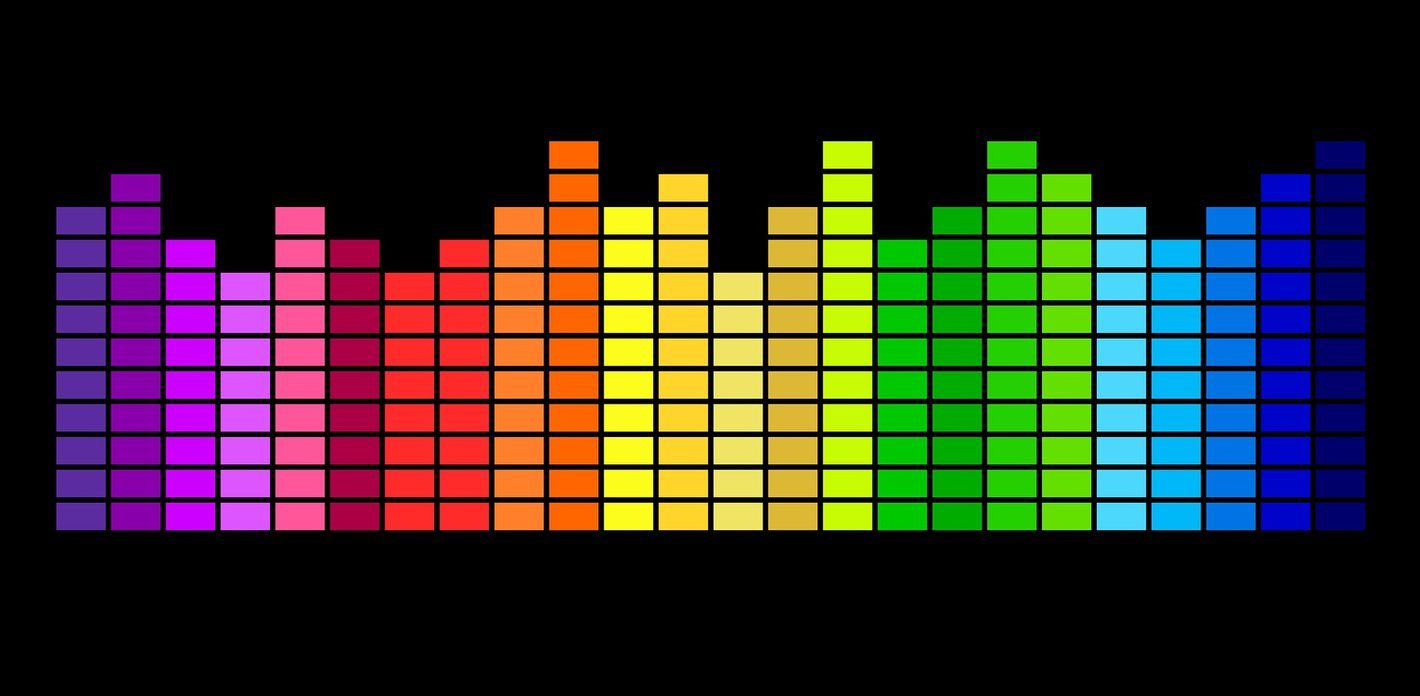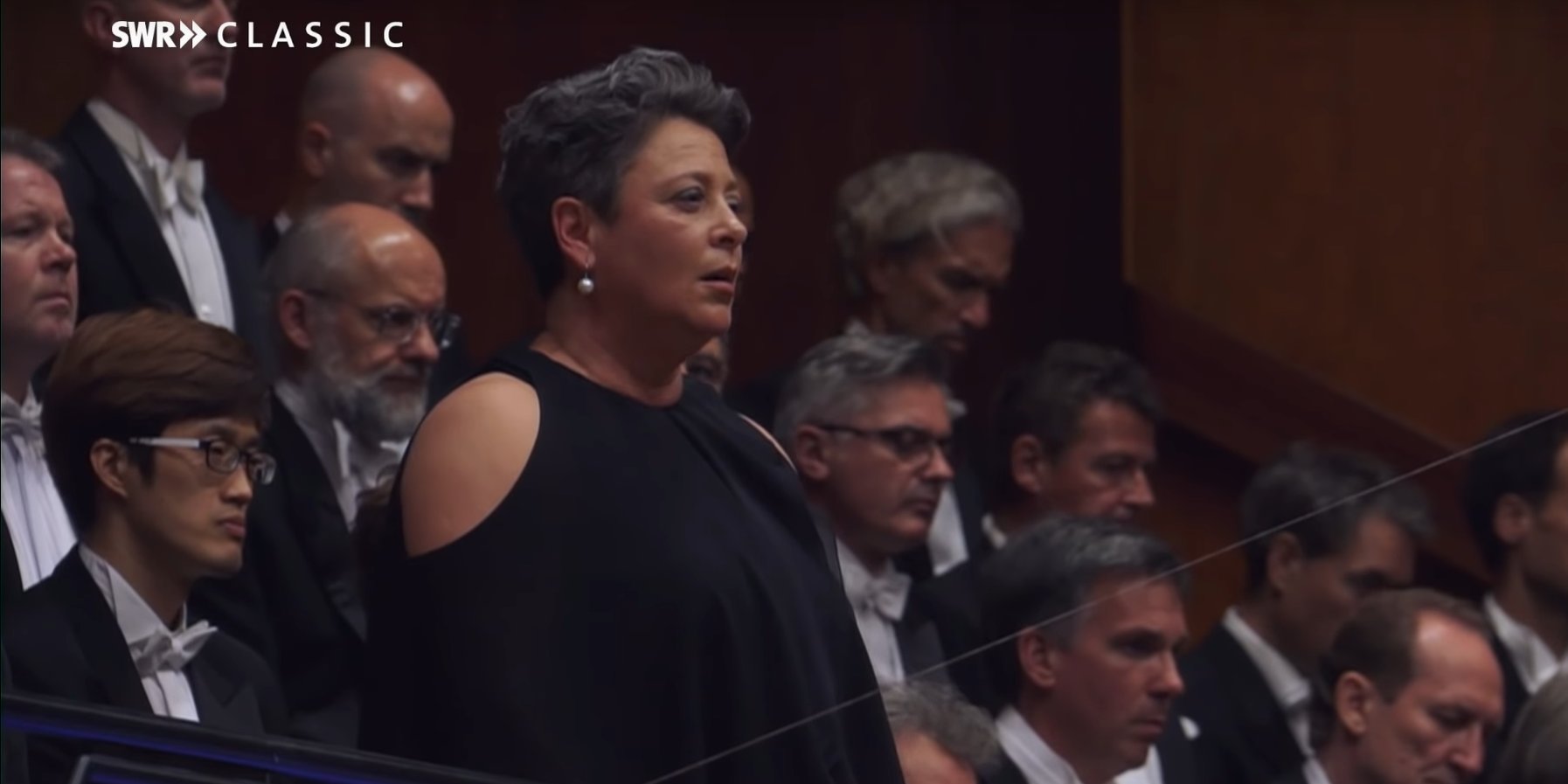Listening to music has been one of the Germans’ favourite leisure pursuits for many years. This doesn’t come as a surprise to music psychologist Prof Dr Reinhard Kopiez: »That’s because music covers important areas where few other activities can compete.« He explains that music can help promote concentration and staying power, regulating our moods and fostering team spirit.
But what actually happens in the body when we listen to music? Where do goosebumps come from? What is special about a live concert? The scientist from northern Germany devotes his attention to such questions in his studies on experiencing music. He spent several years researching into how people respond to different music in his »Music Lab« in Hanover.
»Just go to a concert, even if you don’t know what’s on the programme. Go to a concert – and listen!«
Prof Dr Reinhard Kopiez

Professor Kopiez, you research into what happens in the body when we respond emotionally to music or to certain moments in a piece of music. Where does one start?
We observe the autonomous nervous system – in other words the direct and mostly unconscious physical responses. Four main parameters are important here: after just one second, the skin is the first part of the body to show a reaction – there are good reasons why traditional lie detectors measure skin conductance, which depends on the activity of the sweat glands. The second factor is the heart rate, and particularly the change in the heart rate. Thirdly, we check the person’s breathing. This is fairly sluggish, and has to be measured using a chest strap.
The last parameter is fairly new in our field, and I see it as the real sensation in our tests: changes in the pupil. We observe the diameter of the subject’s pupils using tiny cameras mounted on a pair of glasses. The dilation or contraction of the pupils shows clear reactions: when a person is excited, he or she opens his eyes wide. A large pupil admits more light – something that can already be seen with babies. In other words, with wide-open eyes a person is paying more attention. I would put it like this: you discriminate more in the way you see things and perceive the world in sharper focus.

»When a person is excited, he or she opens his eyes wide.«
Can you say what moments in music tend to trigger this effect?
Moments of surprise provide one clear path to an immediate physical response. When we hear the shattering cry »Barabbas!« in Bach’s St Matthew Passion, where the crowd calls for the criminal to be released and Jesus to be crucified, it’s like an attack on the senses. Or take Stravinsky’s »Le sacre du printemps«: the score contains totally unexpected moments that catch the listener unprepared, and can provoke strong physical responses such as goosebumps. In these cases we refer to a »startle response« that occurs psycho-acoustically at a basal and reflex-like level.
St Matthew Passion: »Barabbas!« Cry
Igor Stravinsky: »Le sacre du printemps«
However, isn’t it true that such moments hardly forfeit any of their emotional impact when I already know them – i.e. when the element of surprise has gone?
That’s right. But music is not like a piece of soap that wears down the more you use it. On the contrary: it can be a good feeling when the listener’s expectations are fulfilled, can’t it? Music can be addictive, but without negative side effects.
Is it reflected in the brain as well, when the listener experiences a particularly intense musical moment?
Oh, definitely. That is closely associated with the reward centre – the medical term is »nucleus accumbens«. It is a very small area in the depths of the brain, which is especially active when the person eats chocolate, for example, or consumes drugs, or during sex.
Which parts of the brain are involved in general while the person is listening to music?
Music activates most areas of the brain, actually. In recent years, neuroscientists have shown in many different tests that there is nothing like a music centre in the brain. There is an auditory centre, but that deals first and foremost with language. In the meantime, we believe that the brain activates highly complex networks to process the experience of listening to music. Among these, surprisingly, is the area responsible for motor skills. For example, if I play the piano myself and listen to a piano piece, it activates the areas of my brain that usually move the fingers – without my fingers actually moving.


»We get goosebumps not only in response to sudden bangs.«
Goosebumps were originally a mechanism to protect us from the cold, in other words a reaction to something negative. What does this have to do with the reward centre?
That’s true. There are at least two basic biological causes for goosebumps: one is cold, and the other is a threat scenario.
So that’s not really much better, is it?
Indeed it isn’t. And of course it makes you wonder what this has to do with listening to music. Some researchers believe that these intense musical experiences can be traced back to separation calls exchanged between a mother ape and her child: the mother places her baby in the grass to go and look for food; while she is doing that, she constantly calls to it, which causes the baby’s hairs to stand on end, affording protection from the cold. That seems to me an appealing but rather far-fetched idea. After all, there is a lot more to music than separation calls.
Moreover, we not only get goosebumps in response to sudden bangs or unexpected effects; they also form when the music suddenly goes very quiet, leaving just one solo instrument or a single voice – as in the incredibly moving passage sung by the alto in Mahler’s Second Symphony. Incidentally, we have used this piece of music several times for our studies because many people get goosebumps every time they hear it. Really, there’s only one thing I can say: whenever something changes, things get interesting for us. Not when the music is loud, but when it gets loud; not when it’s quiet, but when it goes quiet. It’s these moments of transition that are particularly intense for our system of perception.
Gustav Mahler: Symphony No. 2 in C minor, IV. »Urlicht« (alto solo)
Can I have the feeling that something moves me without that being confirmed by the test readings?
Yes. As far as we know, all variants exist: there are conscious intense experiences involving goosebumps, and there are others without such strong physical responses. But it works the other way round as well: sometimes we even measure strong physical responses without the test person being aware of such an intense experience. It depends very much on the individual, whether these attendant physical phenomena occur in a measurable intensity. An intense response can also occur solely at a mental level.
Music per se exists on a purely mental level: I can imagine music, and hear it in my mind. And even that sometimes gives me goose bumps. In other words, a physical response to the stimulus occurs, even though there is no stimulus. How do you explain that?
I would say that that’s something specific to human beings. Our imagination is so strong that things we imagine have the effect of being real. Thus, side effects can seem to be real listening experiences. It is immensely interesting that we are able to develop such scenarios in our imagination. In principle, we have to assume that abilities like this also have their origin in evolutionary biology.
But we can only speculate as to what these may have been. One explanation would be that a vivid imagination served to increase powers of endurance during long and tedious journeys on foot. After all, we still know today that music can help reduce the boredom resulting from long, strenuous activity.

»Listening to music can help make a long and difficult task more appealing.«
What about the musicians performing the music? Do they get goosebumps as well when they are playing or singing?
Unfortunately there are no extensive studies, but the answer would tend to be a no – when people are performing music, the cognitive skills are generally much too active. We believe that these even block such physical responses as possible losses of control: the musician needs to focus on his own active performance.
What music triggers goosebumps in your case?
To be quite honest, I don’t really have such sensitive responses. I only very rarely get goosebumps, and if I do, it’s a reaction to a film soundtrack, such as in »Schindler’s List«. My personal response is often a purely mental experience, without the physiological reaction.
So for you the context, be it a scene or a song text, plays a role. Is that often the case?
Yes, that’s an important point. Meaning always occurs on the multimedia level. What a piece of music means to me doesn’t necessarily only have to do with the way it sounds. It depends not only on the present context, but also on my own experiences or recollections. We are probably all familiar with the way music can be linked to specific experiences such as a first date with someone, and thus gains a specific meaning for the individual.
Is the setting a factor as well? Does it make a difference whether I listen to CD or hear the same music in concert?
Absolutely. Above all, we know that spatial acoustics play an important role. What makes listening to music in the concert hall special is the feeling of being embedded in the sound. We refer to so-called »immersion experiences«. Technology manufacturers are currently trying to recreate this experience using virtual reality, special audio formats and highly-evolved headphones. But this is pretty complicated; an immersion experience cannot be artificially reproduced 1:1, while in the concert hall you get this effect as a free bonus, so to speak. I think this is the decisive difference between CD and a concert: it’s not just the social event, it’s also about bathing in sound – that’s what makes the concert experience so special and irreplaceable.

»What makes listening to music in the concert hall special is the feeling of being embedded in the sound.«
You have been researching the effect that music has on people for many years now. Can you tell us what we can learn and what we should learn from all this?
First of all, we can say goodbye to the old idea that people’s emotions can be predictably influenced by music. It doesn’t work like that. Each of us has his or her own listening biography, so that the emotional effect of music is something very individual that cannot really be predicted. There are two things I’ve learned in the last 15 years: firstly, just how individual musical experience is, and secondly, how open the system is to new experiences.
It’s really great to see how music that you have never been waiting for can suddenly grab you, making you wonder why you didn’t listen to it 20 years ago. That’s something that can happen at any time. In conclusion: just go to a concert, even if you don’t know what’s on the programme. Go to a concert – and listen!
Interview in German: Julika von Werder (5 March 2021)
English translation: Clive Williams









